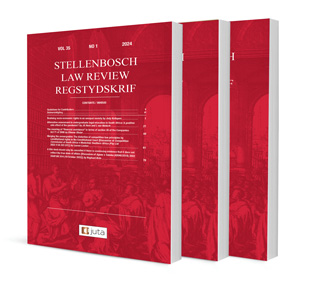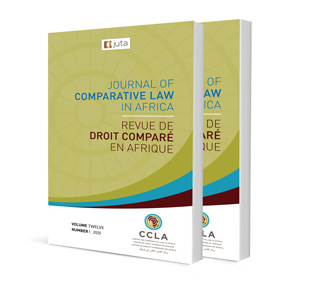The rights of transgender children in South Africa to gender-affirming care in the form of puberty blockers

The rights of transgender children in South Africa to gender-affirming care in the form of puberty blockers
Author: Sophy Baird
ISSN: 1996-2193
Affiliations: LLB LLM
Source: Stellenbosch Law Review, Volume 35 Issue 3, 2024, p. 238-256
https://doi.org/10.47348/SLR/2024/i3a2
Abstract
The provision of gender-affirming care to transgender children has sparked significant discourse within medical, ethical, and legal realms. This contribution examines the evolving conceptualisations of children’s autonomy and decision-making capacity within the context of paediatric health care, with particular attention devoted to the unique challenges posed by gender dysphoria. It also investigates the legal landscape surrounding the rights of transgender children to access gender-affirming care. This contribution advocates for a rights-based approach that prioritises the autonomy and well-being of transgender children in the provision of gender-affirming care, while also acknowledging the complexities and ethical dilemmas inherent in navigating this terrain.
